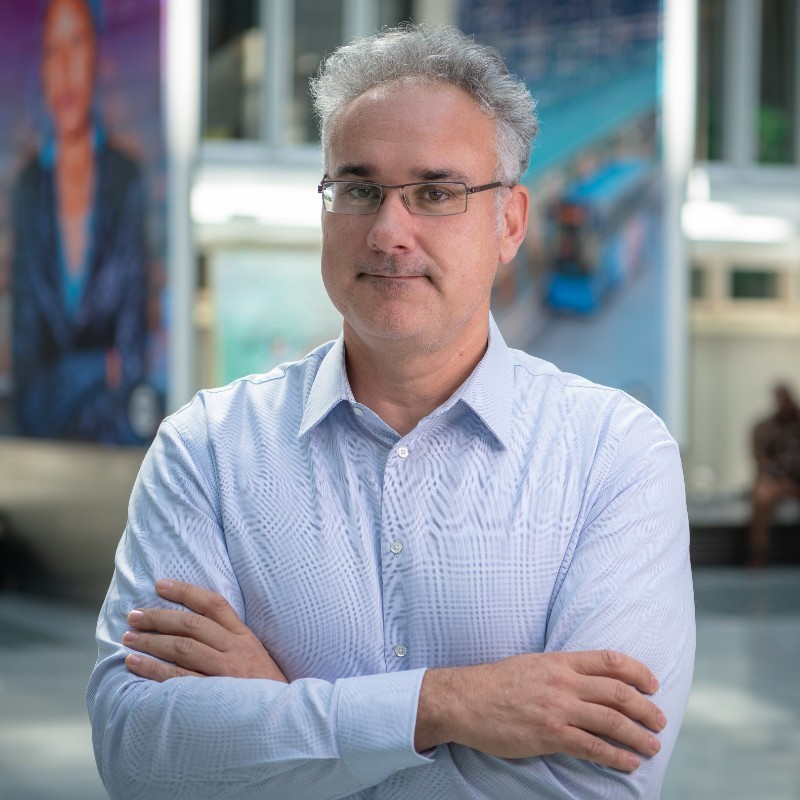
Since the 2015 World Development Report on Mind, Society, and Behavior, behavioral science approaches have been spreading across the World Bank Group’s work. Several staffers recently gave “lightning talks” about how they’re applying behavioral science to seemingly intractable problems that matter to all of us. Here are a few takeaways from the speakers who offered important lessons on incorporating human behavior into program design:
Policy happens in context. Behavioral science can be used as a quick, effective solution where traditional methods, like reform and legislation, can take years. In Guatemala, Program Leader Marco Hernandez and his team tested behaviorally informed messages in letters to non-compliant taxpayers, including messages emphasizing social norms, intentional choice, and national pride. The behaviorally informed letters worked – recipients of the social norms and intentional choice letters ended up paying four times as much in taxes as those in the control group.
But in Poland, where tax authorities also sent out behaviorally informed messaged to non-compliant taxpayers, hard-tone messages emphasizing sanctions for non-compliance and non-payment as an intentional and deliberate choice were more effective. While behavioral messages had big impacts in both scenarios, considering the country context – and testing before scaling – were key to creating cost-effective interventions.
Aspirations (within feasibility) can make all the difference. While behavioral science can be used to circumvent more time-consuming, traditional methods for policy change, the talks also emphasized its potential for increasing aspirations for beneficiaries and creating greater economic growth, globally. Senior Economist Bilal Zia described influencing the “entrepreneurial mindset” of micro-entrepreneurs using role models in the community to great effect – when the aspirational goalposts appeared achievable, rather than unreasonable.
Lead Economist Rafael De Hoyos Navarro described the positive impact on test scores by making salient the economic benefits of graduating high school for students in Mexico; and Lead Social Protection Specialist Andrea Vermehren described impressive impacts on food security and child development outcomes when CCT program recipients set goals in advance of receiving their cash. Similar work from the World Bank’s behavioral unit — the Mind, Behavior, and Development Unit — on increasing aspirations among women enrolled in a CCT program in Nicaragua makes clear that aspirations can be a powerful behavioral tool for effective policymaking.
Policymakers can benefit, too. Crucially, behavioral science can improve program design at the highest level – impacting policymaker biases and regulation. As Alexandra Fiorillo with the Consultative Group to Assist the Poor described, in order to design inclusive policy, you have to unpack your own biases and judgments about consumers. By involving policymakers in the behavioral research process, creating opportunities for them to interact with consumers and teaching them about behavioral biases, her team both improved the design process for important consumer protection programs and built capacity among their policy counterparts.
Anyone looking for a fresh lens into their own work should watch the event recording in full — there are many more fascinating talks describing innovative ways in which behavioral science can be employed to provide solutions to development challenges beyond our standard operating procedure. From energy efficiency to gender equality to health and more, the work being done by the World Bank Group and others may inspire you to think behaviorally yourself.



Join the Conversation